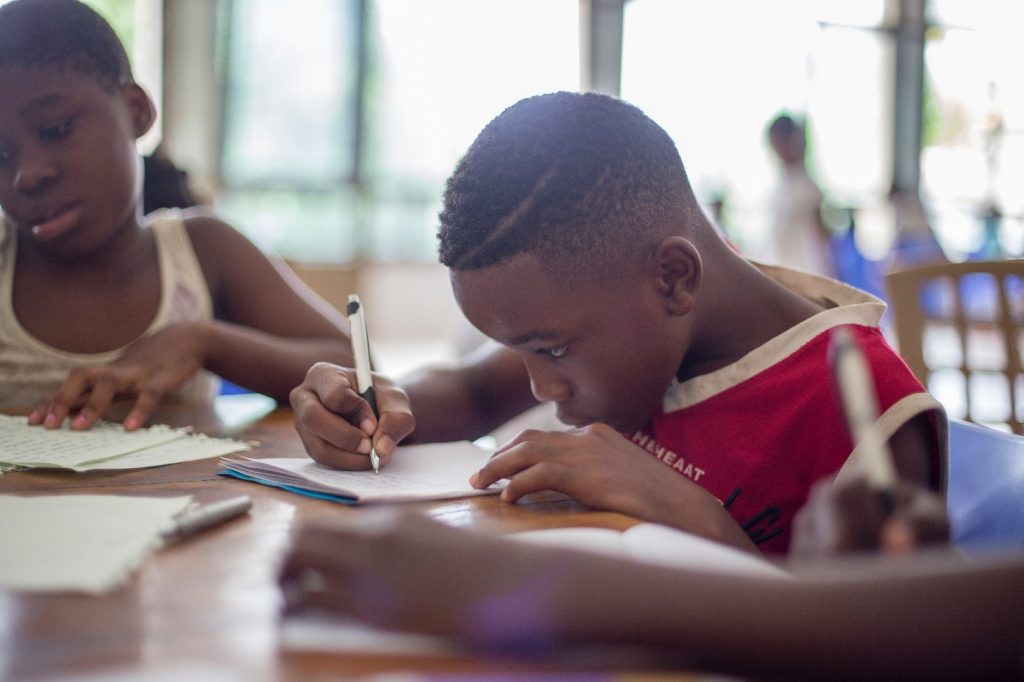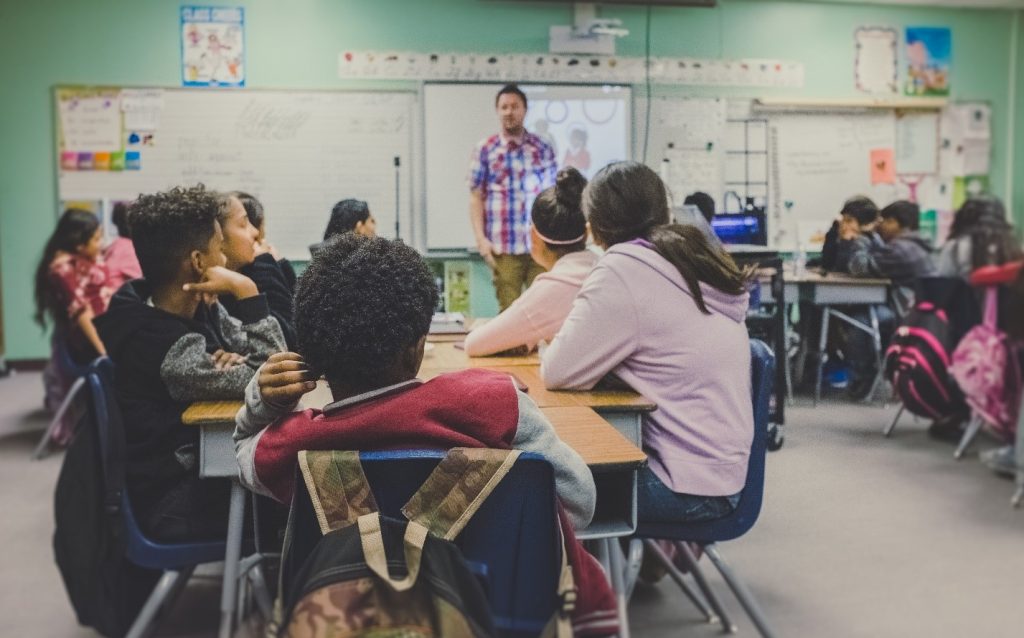As an educator, I want my students to leave my classroom at the end of the year being prepared for an unknown future. There are many skills that will be of great value to my students as they traverse a changing world.
Content Standards
However, very few of these skills fall within the confines of what my state would call content standards. These important skills are one of the reasons why we teach. But more importantly, they are what are known collectively as process skills, commonly referred to as process standards. You might also hear them called 21st century skills, depending on the depth and breadth of the experience.
For many years, as educators, we have been satisfied with rolling out content. We focus on making sure that students have memorized the information, and then assess them to see if it stuck. We tell ourselves that all of it, no matter what, will be useful at some point in their life: “They will definitely use lunar phases”, “every student really needs a solid base of calculus” and “if you don’t know all these dates, how will you survive?”
All the while, process skills—how students get from step A to step B—have quietly taken a back seat. Since they are rarely tested, if at all, teachers tend to ignore those standards in favor of producing high quality test takers.

Creating Problem Solvers
If the problem with all this content focus isn’t clear, let me cut through the smoke and mirrors for you. It is imperative that future generations are equipped with the tools to wield that information in an ever-changing landscape. It is no longer adequate to provide students with only content. We must give them access to an equal helping of 21st century skills.
Communication, collaboration, problem-solving, and critical thinking top my list of skills that students must have to be successful. Building instruction to allow students to regularly encounter such principles strengthens their ability to adapt to new and changing situations.
A colleague of mine who is a professor at a local university told me that we are good at producing test takers, but what he needs are problem solvers. So how does one introduce concepts of process in a climate that is rigged towards high stakes standardization?
It’s all about integration and the intentional focus on skills to help students solve problems while actively engaging in the content. Project-based learning is a great place for this to occur. In my class, students are tasked with a problem that aligns with the content that the state requires. In addition, students must learn process skills in order to complete the project and validate the work that they do. Skills like measuring, discussing, and planning with others, and using various tools. It is more difficult to plan than an ordinary class structure but the rewards are most beneficial, especially for the students.

Get out there and include more process skills in everyday activities and see student engagement soar. Looking for a little help and motivation? Check out the inventory of STEM Supplies. There are numerous items that will have your students solving, thinking and collaborating, while learning the content at the same time!







Leave A Comment